Know About Helicopter Parenting
I attended an enlightening talk about “helicopter parenting” by an eminent child psychologist; these parents over controlled, overprotected and over perfected their children’s life and were more than responsible parents. They focused too much on the children and took too much responsibility for their children's success and failures.
These were some of the points discussed:
Though helicopter parenting is usually used to refer to parents of high school and college children, it could apply also to other younger children. As a toddler, a helicopter parent might constantly shadow the child, being constantly with him/her and may not leave the toddler alone at all, while in elementary school such a parent may choose a certain teacher or coach and play a very significant role in the selection of his/her friends and activities, and provide excess assistance for homework and school projects.
There could be four main reasons why parents hover:
a) The fear of dire consequences like unhappiness, struggle, not excelling, working hard, and no guaranteed results could make parents hover, with these parents failing to realize that life’s experiences are teachers and not life-threatening.
b) Feelings of worry and anxiety like the economy, the job market, and the world in general could drive parents to take control of their children’s life to avoid hurt and disappointment.
c) Adults that felt neglected, unloved or ignored as children overcompensate with their own children to remedy the deficiency they felt in their own upbringing.
d) Peer pressure from over-involved parents could trigger a similar response, with parents feeling guilt that they would be bad parents if they do not immerse themselves in their children’s life.
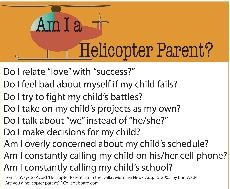
It is best to understand that that helicopter parenting is different from engaged parenting; engaged parenting provides increased feelings of love and acceptance, builds self confidence and provides guidance and opportunities to grow, while helicopter parenting is governed by fear, with these parents failing to understand that failures and challenges teach kids new skills, and how to handle failure and challenges.
The consequences of helicopter parenting on children are:
You as an over involved parent would be sending a message to your children that you do not trust them leading to decreased confidence and self-esteem.
Next children of helicopter parents would have undeveloped coping skills for disappointment, failure and other life stresses on their own.
Parents that are overprotective even after their children are mentally and physically capable of doing tasks prevent their children from mastering those skills and make them undeveloped in life skills.
Lastly when the parents are overprotective and does everything for them, these children get used to always having their way and develop a sense of entitlement.
To conclude, parents can avoid helicopter parenting by establishing a balance between the children they raise and the adults they are trying to raise; this means letting our children struggle, face disappointments, and helping them to work through their failures. We need to physically and mentally allow them to do tasks they can do; all this would go a long way to building reliant, self-confident children/adults of tomorrow.
Image Courtesy: Google
Take the next step toward your goals
Share your requirement and find the best care providers in your area
-
Looking for a caretaker’s job? Build your profile and get in touch with families in your vicinity.
-
Discover nannies, babysitters, cooks, housekeepers, pet sitters, and elder care under one roof.
-
Get all the support you need to run a successful care center.
-
Search for appropriate centers near you depending on your needs.
Care Corner Insights: Blog Library
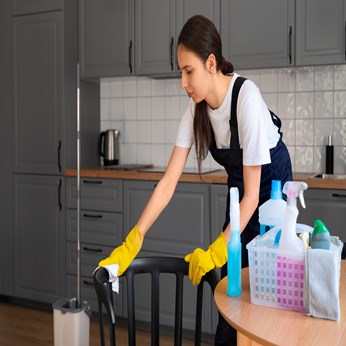
Deep Cleaning Your House: Room-by-Room Checklist for a Thorough Clean
A sparkling clean home isn’t just about looks—it’s about health, comfort, and peace of mind. Whether you’re prepping for a festival, hosting guests, or just tired of the clutter, a deep clean can transform your space. But where do you start? Here’s a

What are Senior Apartments? Experts Explain Independent Living for Older Adults
As we age, our needs and lifestyles evolve—but one thing remains constant: the desire for independence. Senior apartments are designed precisely with this in mind, offering older adults a living arrangement that balances freedom with comfort, safety,
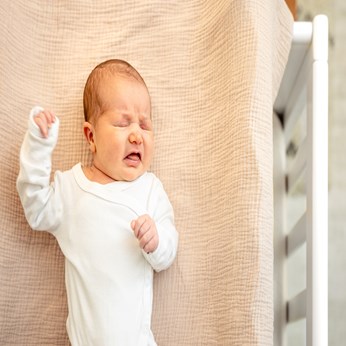
Baby Sleep Problems: What is Sleep Regression and How to Handle It
If you’re a parent, you know that baby sleep is one of the greatest mysteries of life. One day your little one is snoozing like an angel, and the next day they’re suddenly waking up every hour, fussing, or refusing to nap. Before you panic, there’s a
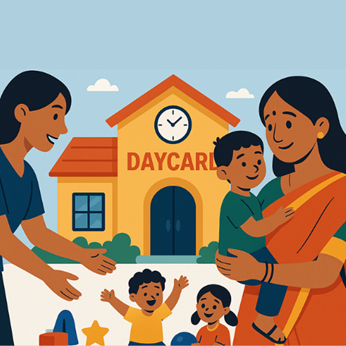
Daycare Admissions in Cary, NC for New NRI Families: Documents, Health Records, and Start Dates
Moving to a new country is exciting but also comes with many responsibilities—especially when it comes to finding the right daycare for your little one. For new NRI (Non-Resident Indian) families settling in Cary, NC, understanding the daycare
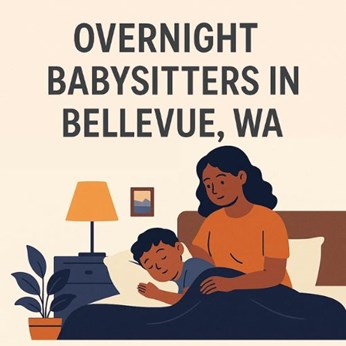
Overnight Babysitters in Bellevue, WA for Business-Travelling NRI Parents: Safety & Policies
For many NRI parents living in Bellevue, WA, frequent business trips are a reality. While traveling, one of the biggest concerns is ensuring your children are safe, cared for, and emotionally supported during overnight stays. Overnight babysitters ca

Indian Home-Style Cooks in Queens, NY: Tiffin-Style Weekly Meal Prep from Your Kitchen
Queens, NY, is home to one of the most diverse food cultures in the country, and Indian cuisine holds a special place among families looking for authentic, comforting meals. While restaurant takeout is convenient, nothing compares to the taste and nu
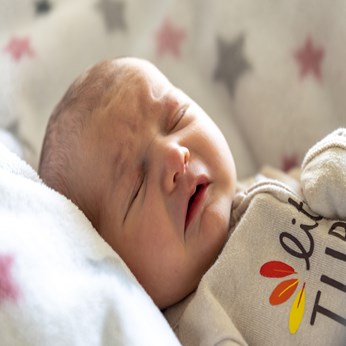
Baby Sleep Problems: What is Sleep Regression and How to Handle It
If you’re a parent, you know that baby sleep is one of the greatest mysteries of life. One day your little one is snoozing like an angel, and the next day they’re suddenly waking up every hour, fussing, or refusing to nap. Before you panic, there’s a

What is Validation Therapy? A New Approach to Dementia Care
Caring for loved ones with dementia is one of the most emotionally challenging journeys a family can face. Traditional methods often focus on correcting memory lapses or redirecting confused thoughts—but that can sometimes lead to frustration, stress
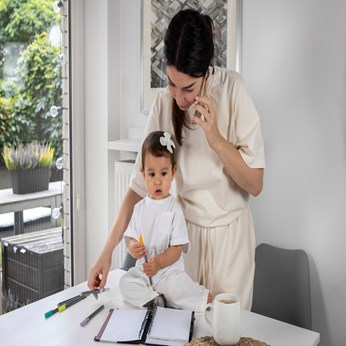
What is a Part-Time Nanny and Do You Need One
Parenting is a beautiful journey, but let’s be honest—it can also be exhausting! Between work deadlines, household chores, and family responsibilities, sometimes there just aren’t enough hours in a day. That’s where part-time nannies step in, offerin
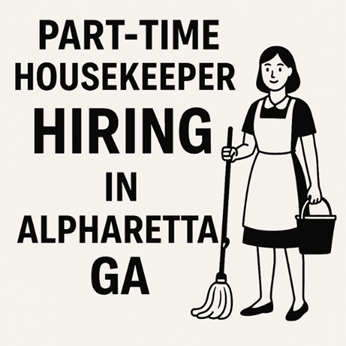
Part-Time Housekeeper Hiring in Alpharetta, GA: Weekly Schedules, Pricing, and Must-Do Tasks
Keeping a home spotless while balancing work, family, and personal commitments can be overwhelming. For families and professionals in Alpharetta, GA, hiring a part-time housekeeper is one of the most practical solutions. Whether you need help once a